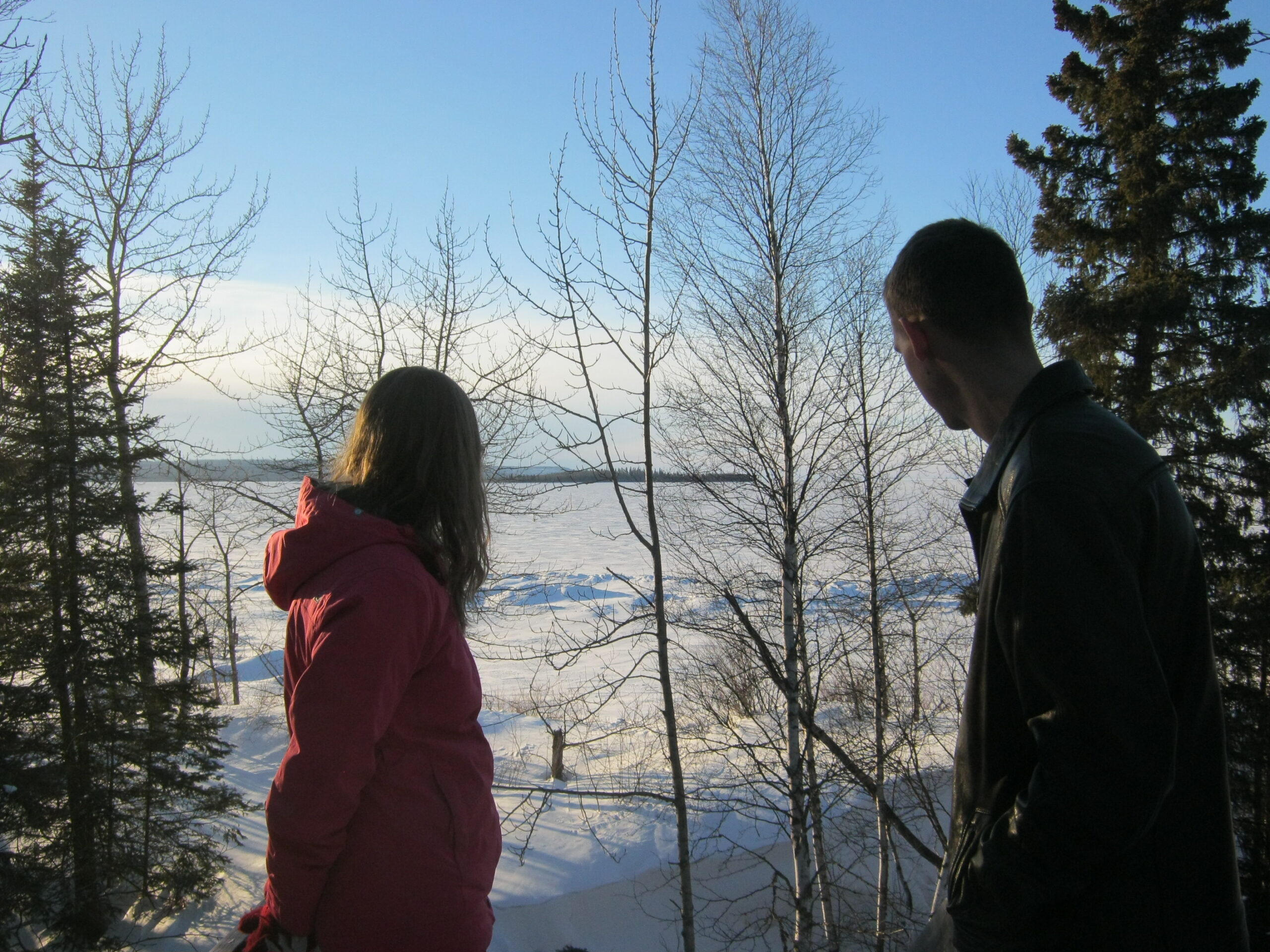The Resilience by Design (RbD) lab recognizes the amazing potential of youth to be climate action leaders in their local communities. The Generation Z (Gen Z) and Climate Change project wanted to explore and contribute to the empowerment of young people by hearing what helps or hinders their participation in transformative climate actions. The Resilience by Design lab team engaged youth in workshops and conversations over a two-year span.
Vision
Through this project, the RbD lab is working with young people (age 14-24) to determine the factors that act as either supports or barriers to involvement in action around the issues of importance to them, including a disaster risk reduction and climate adaptation. The goal is to increase the disaster resilience and climate change adaptive capacity of youth and communities through enhanced youth engagement and social innovation, both through direct work with youth and through contributions to the literature around youth engagement in these areas.
Process
For this project, the RbD lab is using a youth participatory action approach and a mixed-methods research design to explore youth engagement in disaster risk reduction, climate change adaptation, and climate action with Gen Z youth (ages 14-24). Youth will be involved throughout as co-researchers and by actively participating in knowledge mobilization activities designed to engage policy and decision makers, spark community conversations, and broadly share the findings.
Partners
The RbD Lab team is working with multiple partners over the course of the research project. Our project is engaging with a variety of youth, youth-serving and youth-driven organizations and institutions. This engagement ranges from short-term, activity specific engagement, to the development of longer-term partnerships. As such, many of these partnerships are still in development, however to date we have engaged in workshops and interviews with the following types of local and regional organizations and youth groups:
- A charity supporting BC women and girls throughout the province through leadership programs, education awards, and culturally relevant programming. A workshop was conducted with 10 youth.
- A two-year pre-university located on Vancouver Island. A workshop to be conducted by 5 youth with their peers.
- A private high school located in the lower mainland. 3 workshops conducted with 84 youth.
- A leadership organization for indigenous youth run by the Songhees First Nation located on Vancouver Island. A workshop was conducted with 3 youth.
- A first year university class located on Vancouver Island. A workshop was conducted with 20 youth.
- A Vancouver-based youth-designed/driven organization focused on providing opportunities for youth engagement leading to action;
- A Vancouver-based, youth-designed/driven organization providing mentorship programs connecting youth to professionals addressing climate change.
Impact
To our knowledge, this research is the first to build and validate a model of youth engagement in these areas from the perspectives Gen Z youth and with the specific focus on using social innovation as a transformative learning and youth engagement tool. We hope to add to youth engagement theories from an under-researched population with unique perspectives and skills by identifying specific barriers and drivers predictive of youth engagement by contributing to the adult-centric literature on DRR and CCA-relevant attitudes and behaviors and increasing the relevance of such theories to youth. We also hope to contribute to theories of change and social innovation with a youth-informed, youth-centric model of social innovation that prioritizes a blend of capacity and skill development and youth-centric innovation. Through this project, we will also facilitate the creation, piloting, and evaluation of youth-designed strategies for engagement, supporting ongoing peer- to-peer knowledge mobilization and contribute to youth-informed policy development.

